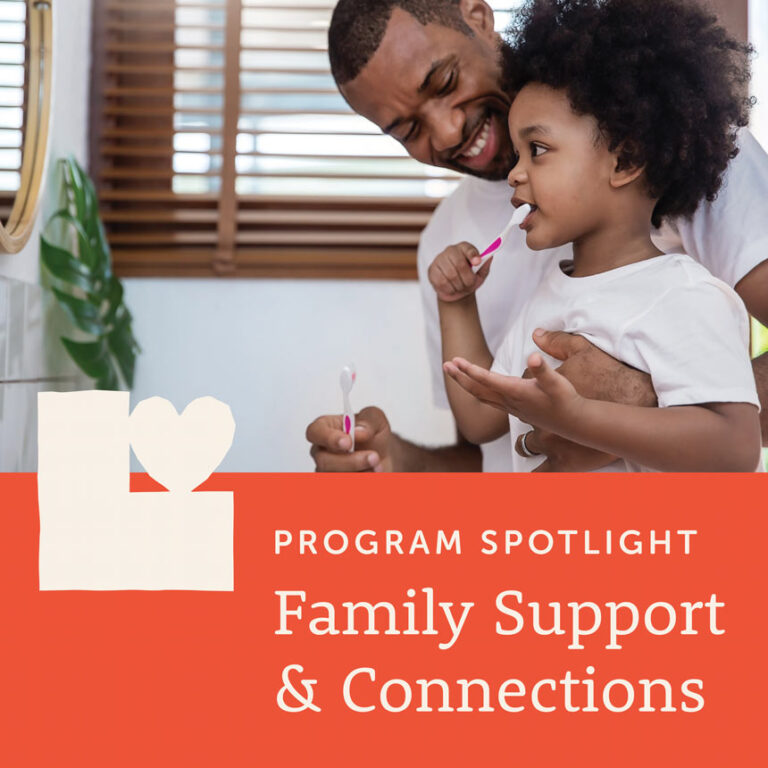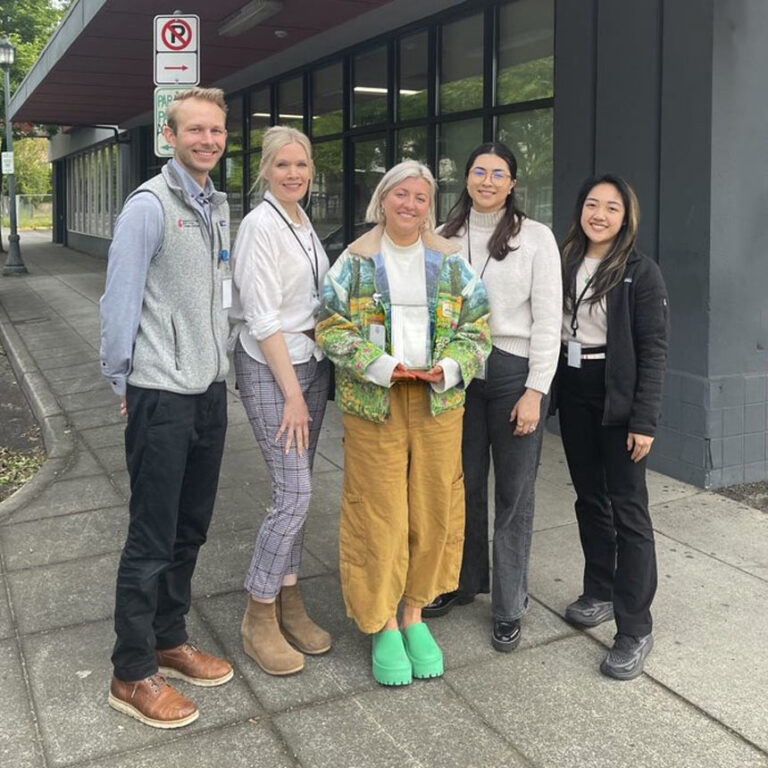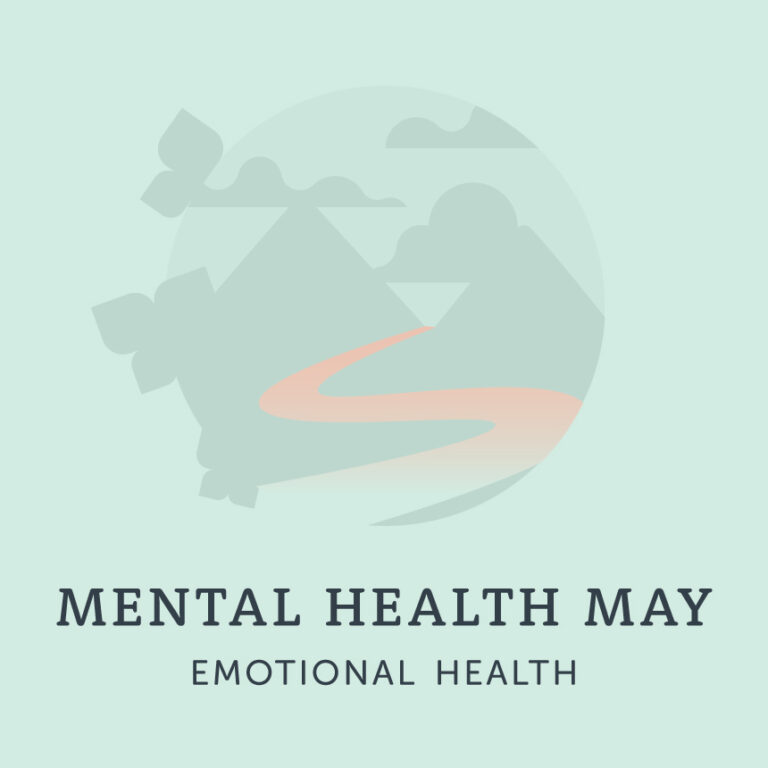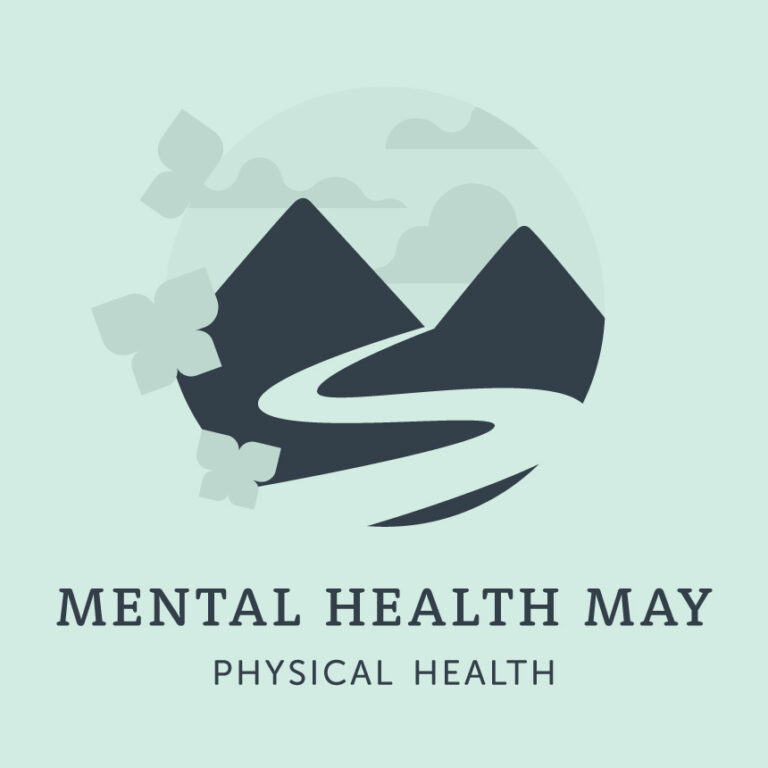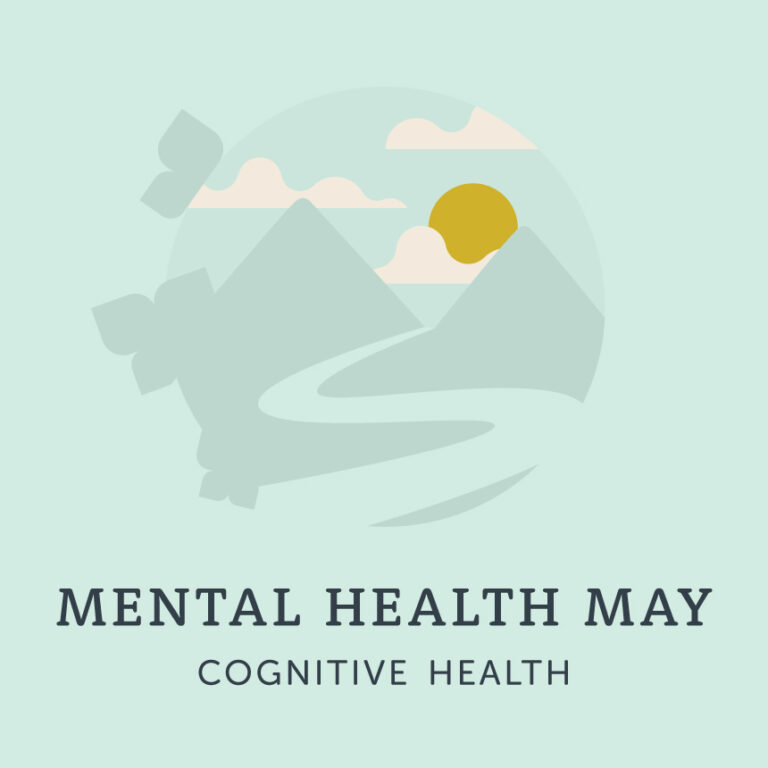
Working with people who have attention deficit/hyperactivity disorder (ADHD), LifeWorks NW clinicians and staff focus on the here and now. They use a range of interventions to improve quality of life at home, school or work.
New research suggests these clients may also live longer when medication is part of their treatment.
A team of researchers in Sweden, working with American and British universities, sought to answer the question of whether medication for ADHD makes a difference in mortality rates.
“It’s interesting that researchers have found links between untreated ADHD and longer-term mortality rates,” says James Gurule, Child and Family Therapist and Clinical Supervisor at LifeWorks NW.
The observational study focused on nearly 150,000 people, aged 6 to 64 years, who had had “incidents” before their ADHD diagnosis, then followed them during a two-year period after diagnosis and starting medication.
Researchers found that the risk of dying from unnatural causes, such as accident or overdose, was “significantly reduced” in the medicated group.
“I’d imagine this is likely connected to the impulsivity, distractibility and hyperactive elements of these disorders that, left untreated, are connected to a wide range of challenges over the lifespan,” says James.
The research team next plans to study the long-term effects of ADHD medication itself, and differences in gender and dosing.
A companion editorial in the issue of JAMA that published the study noted that while the medications used to treat ADHD in Sweden are also available in the U.S., “significant barriers exist in accessing medical and psychiatric services, particularly among under-resourced populations.
“The health care workforce requires training in screening, diagnosing, and treating ADHD, just as has been done for other psychiatric disorders. Our patients, their families, and society will all benefit as a result,” the editorial concludes.
James concurs: “Unrecognized and untreated ADHD and other children’s mental health conditions really do have a long-term impact on people and families in our communities. Early engagement and intervention are preventative and certainly beneficial.
Beyond medication, treatment can include behavioral management for both parents and children, targeting areas such as organizational skills and classroom behavior, to forestall the frustration many children with ADHD and their families face.
“Our Child and Family clinicians spend years, even decades, crafting interactions with our clients in the hope of creating more understanding families and supportive, helpful interventions,” says James.
“It’s always inspiring for me to train and supervise clinicians who specialize in services for children and their families. Even though there are certainly a lot of moving parts, this is what makes our specialty so challenging–and rewarding!”




